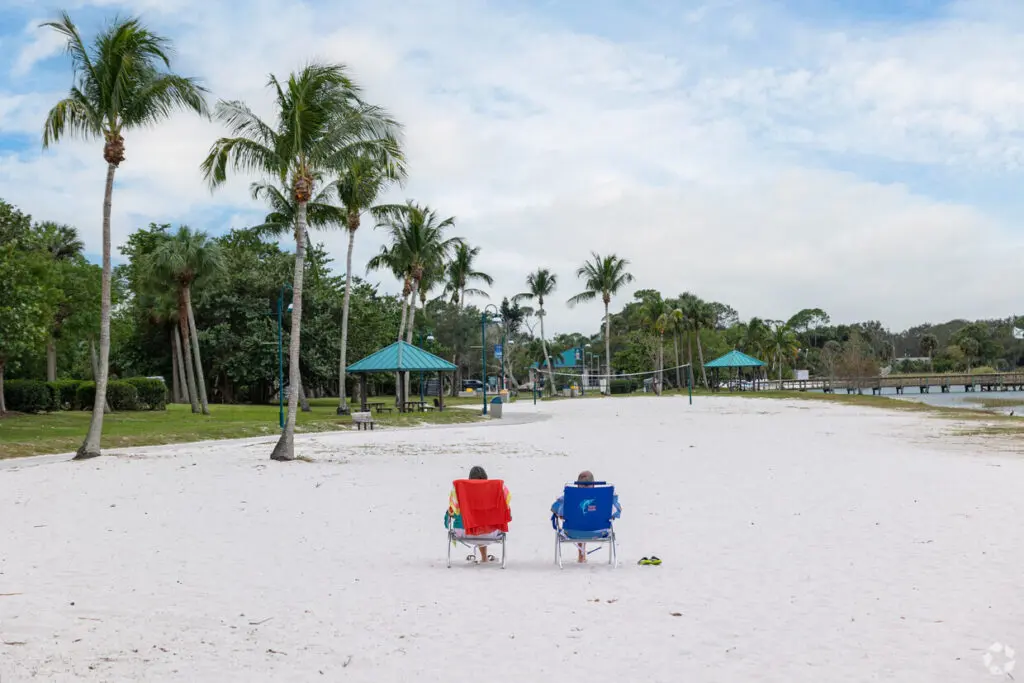East Naples developer reconsidering the hotel and convention center

After encountering resistance from the local community, a developer in East Naples is reconsidering plans for a five-star hotel and conference center.
During his monthly report to Naples City Council on Wednesday, Collier Commissioner Dan Kowal announced the news. He stated that he had spoken with the development team and that they were returning to the “drawing board.”
He calculated that it might take an additional six to eight weeks until a new design and strategy are revealed, according to a recent article by Laura Layden of Naples Daily News
“We’re not sure where it will end up,” Kowal stated. “And even if it’s going to come back as a hotel.”
He stated that the county will need to have neighborhood and other informational meetings once more.
The project’s height and density have alarmed the Naples municipal Council. The property is located just outside of the municipal limits, off U.S. 41 East.
The neighbors opposed the proposal because they thought it was intrusive and incompatible. Numerous issues were brought forward, such as how it will affect vistas, noise, traffic, and flooding. They bemoaned the fact that they already have a nightmare of traffic; they could not imagine the additional influx of tourists, other visitors, and service vehicles.
The advisory board of the Bayshore/Gateway Triangle Community Redevelopment Agency did not approve the project or a rezone.
On a 4.25-acre plot, the developer, a privately held business with headquarters in Kentucky, Columbia Sussex, planned to build a 400,000-square-foot Marriott hotel with 438 rooms.
The Little Italy and Checkers Drive-In restaurants were once located on the site, which is currently unoccupied. It is positioned between Palm Street and Frederick Street.
The destination hotel had been initially planned to contain a parking garage, a spa and fitness center, a restaurant and bar, shops, conference spaces, and auditoriums.
Columbia Sussex requested permission to build a commercial planned unit development (CPUD) with a zoned height of 124 feet and an actual height of 136 feet. The developer requested an additional level to the building in order to accommodate a three-story garage that would have extended more than 40 feet above the ground.
There would have been seven stories with the hotel rooms. The development would have reached 12 floors, including a pool deck.
The property’s commercial C-4 zoning permits a designated height of 75 feet “by right,” according to Kowal.
Nevertheless, he pointed out that the property is situated in the Bayshore Gateway Triangle Community Redevelopment area, and unless rezoning permits an exception, the county’s land development ordinance restricts height to 56 feet. According to Kowal, this has caused the developer even more “hiccups” because it was aiming “way above” that limit.
Approximately twelve nearby structures have an average height of 19.5 feet.
The development team has highlighted, however, that the selected site is across the street from two tall redevelopment projects the county approved years ago, in the same targeted redevelopment area, both in the zoning application and at neighborhood meetings.
One of those projects is the premium high-rise neighborhood being built called Metropolitan Naples. It will change a prominent intersection at U.S. 41 East and Davis Boulevard with three 15-story buildings on a site that is approximately five acres in size, with a maximum zoned height of 165 feet.
The Ellington is authorized to be as high as 110 feet close near. It will be a “125 key, independent, luxury hotel and residences development,” according to its website.
Columbia Sussex has maintained that the site’s increased height is appropriate, and other surrounding commercial properties are anticipated to undergo similar redevelopment. The developer wanted greater height for the hotel, but in exchange it promised larger setbacks and buffers.
Also, in an attempt to better mix in with the low-density residential neighborhood to the north, the hotel’s architecture included transitional features at varying heights.
Columbia Sussex has defended the project by claiming that it aligns with the county’s redevelopment objective, which promotes the gathering and repurposing of land for denser urban developments.
The Yung family owns Colombia Sussex, which owns and runs hotels all across the country. It was not possible to contact a representative right away for a response.
Although Kowal was unaware of the developer’s future course of action, he claimed that he was taken aback when the county received a letter last week from the company’s counsel outlining the company’s rights under the state’s Live Local Act.
The act overturned some municipal zoning and height restrictions, enabling denser commercial developments if they included affordable housing.
Kowal stated that he didn’t think Columbia Sussex, a hotel corporation, would be interested in developing homes, but “whatever it is, it is,” and the county might not have much of a voice in the matter if state regulations are in effect.
“That’s something we are going to have to face, if the time comes,” he stated.
Barron Collier Cos owned the land before selling it to the out-of-state developer about two weeks ago.
The land was previously held by RaceTrac Petroleum, a company based in Atlanta, but it abandoned its plans to build a massive petrol station there after encountering organized, vocal opposition from the neighborhood.
Over 1,500 locals signed a petition against the idea.
This article originally appeared on Naples Daily News
